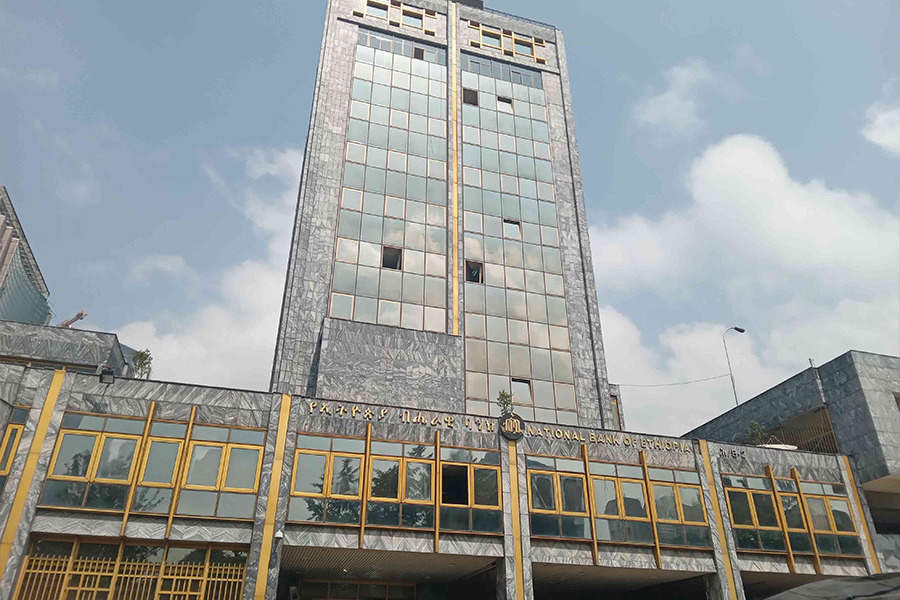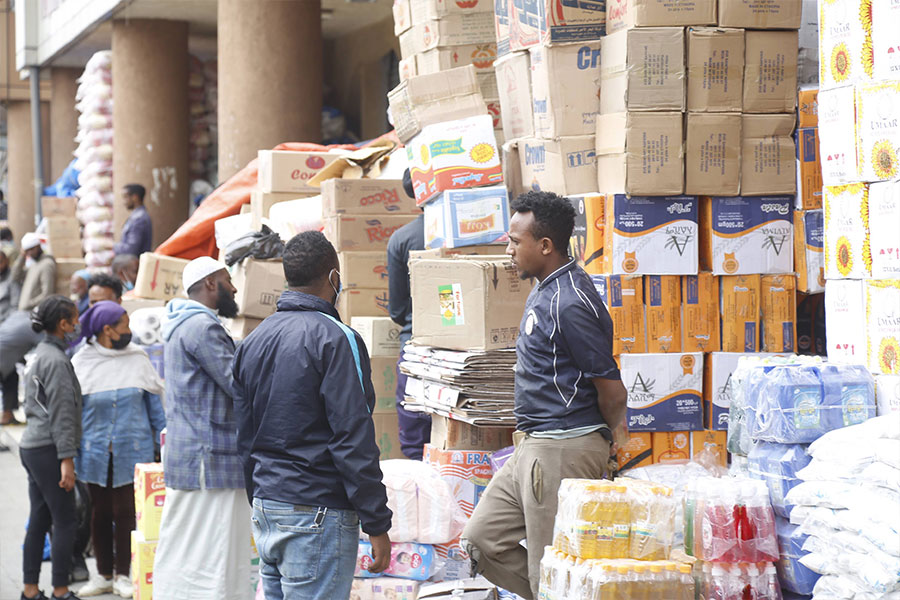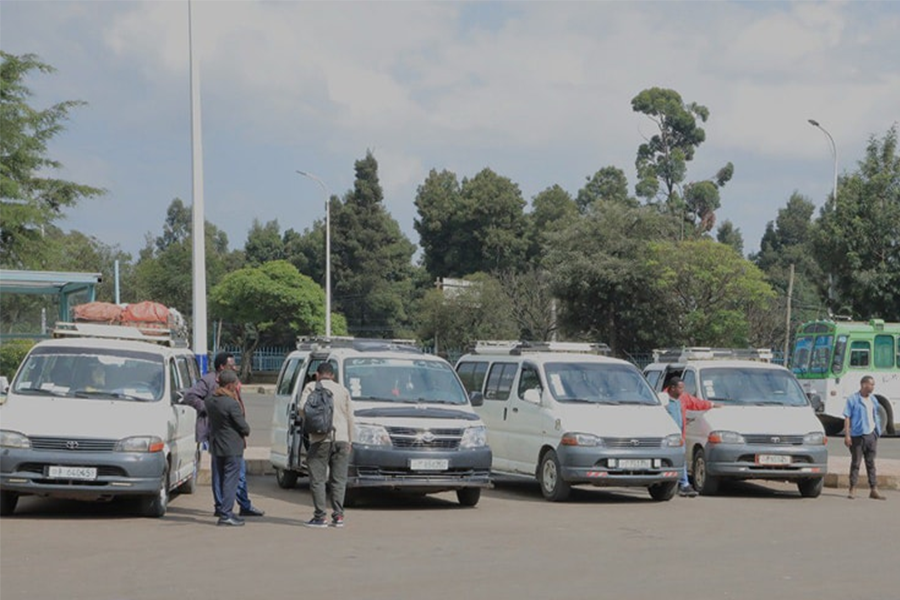
Radar | Nov 27,2023
Oct 4 , 2024

The Central Bank has injected 175 million dollars into the foreign exchange market responding to a severe forex shortage that threatens fuel imports and economic stability.
The National Bank of Ethiopia (NBE) announced yesterday that it sold the dollars to commercial banks to assist the Ethiopian Petroleum Supply Enterprise (EPSE), the state-owned company responsible for importing fuel and petroleum products. The funds, to be disbursed in phases over the coming months, cover outstanding fuel import bills and ensure a consistent fuel supply nationwide.
The authorities see this as part of their broader strategy to stabilise the foreign exchange market, where the gap between official and parallel exchange rates had previously soared above 100pc before recent policy shifts narrowed the spread. The Central Bank's intervention follows a series of regulatory reforms liberalising the forex market and addressing persistent liquidity challenges.
“Ethiopia’s foreign exchange reform has shown a very positive start in just a short period of two months, with a significant drop in the parallel market premium,” said Governor Mamo Mihretu.
According to the Governor, the foreign exchange reserves at the central bank and commercial banks have reached record highs, boosted by increased remittances and export revenues. He has declined to disclose the amount of the reserve, though.
The Central Bank's action, the second since August this year, uncovers the urgency of the forex predicament, particularly for fuel imports suffering from erratic forex availability at a time of global price hikes. By allocating dollars specifically to EPSE, the Central Bank seeks to prevent fuel shortages marked by long lines of motorists before gas stations in the capital.
Analysts view the injection as a necessary but temporary measure, cautioning that lasting stability requires structural adjustments, including boosting productivity in forex-earning sectors like agriculture and manufacturing.
The forex injection this week may also help ease public discontent as businesses and households continue to face tight liquidity and import delays. Throughout the year, businesses have pressed for more forex allocations, forcing the government to balance the need to prioritise essential imports with the necessity of maintaining reserves.
The NBE indicated it might conduct additional dollar sales periodically based on evolving market conditions, signalling a flexible, data-driven approach to monetary policy.

Radar | Nov 27,2023

Agenda | Sep 04,2021

Fortune News | Nov 26,2022

Radar | Sep 29,2024

Radar | Jan 09,2021

Photo Gallery | 154340 Views | May 06,2019

Photo Gallery | 144583 Views | Apr 26,2019

My Opinion | 134971 Views | Aug 14,2021

Photo Gallery | 132909 Views | Oct 06,2021

Sep 6 , 2025
The dawn of a new year is more than a simple turning of the calendar. It is a moment...

Aug 30 , 2025
For Germans, Otto von Bismarck is first remembered as the architect of a unified nati...

Aug 23 , 2025
Banks have a new obsession. After decades chasing deposits and, more recently, digita...

Aug 16 , 2025
A decade ago, a case in the United States (US) jolted Wall Street. An ambulance opera...